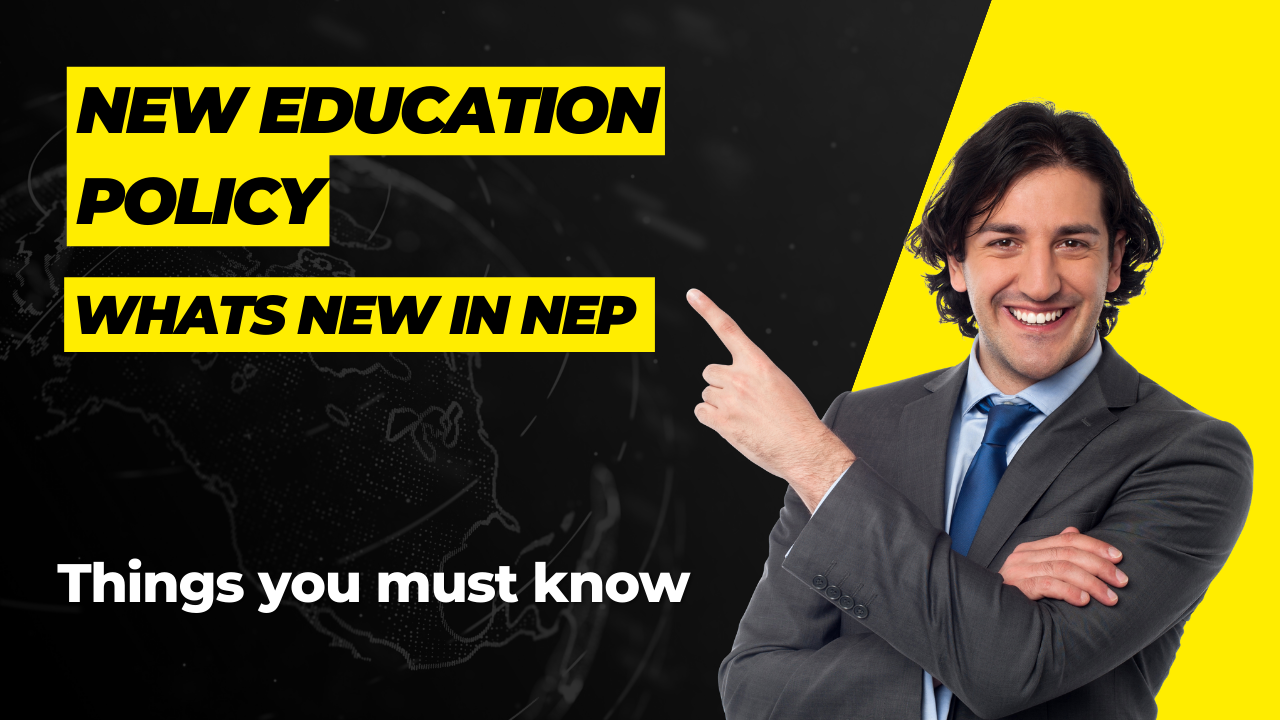India had implemented a new education policy called the National Education Policy 2020 (NEP 2020). The NEP 2020 is a comprehensive framework that aims to transform the education system in India at all levels, from pre-primary to higher education. However, please note that there may have been further updates or developments in the education policy since then, and I may not have information on those.
Here are some key features and highlights of the NEP 2020:
Early Childhood Care and Education (ECCE)
The policy emphasizes the importance of early childhood education and aims to provide universal access to quality ECCE for children aged 3 to 6 years.
Foundational Literacy and Numeracy
The policy aims to ensure that every child achieves basic literacy and numeracy skills by the end of Grade 3.
5+3+3+4 Structure
The existing 10+2 structure has been replaced with a new structure of 5+3+3+4, where the first five years focus on foundational learning, the next three years on preparatory education, followed by three years of middle school, and four years of secondary/high school education.
Multidisciplinary Education
The NEP 2020 emphasizes a multidisciplinary approach, allowing students to choose subjects across various streams such as arts, science, and commerce, instead of rigid subject compartments.
Skill Development
The policy aims to integrate vocational education and skills training into the curriculum from the secondary level onwards to equip students with practical skills for employment and entrepreneurship.
Technology Integration
NEP 2020 emphasizes the integration of technology in education, promoting the use of digital resources, online learning platforms, and e-courses.
Teacher Training and Professional Development
The policy emphasizes the continuous professional development of teachers through robust training programs and the establishment of a National Professional Standards for Teachers (NPST) framework.
Higher Education Reforms
The NEP 2020 proposes significant reforms in higher education, including the introduction of a multidisciplinary approach, the establishment of a single higher education regulator called the Higher Education Commission of India (HECI), and promoting research and innovation.
It’s important to note that the implementation of the NEP 2020 will require efforts from both the central and state governments, and its full execution may take time. For the latest and most accurate information on the status and updates regarding the education policy in India, I would recommend referring to official government sources or the Ministry of Education’s website.



